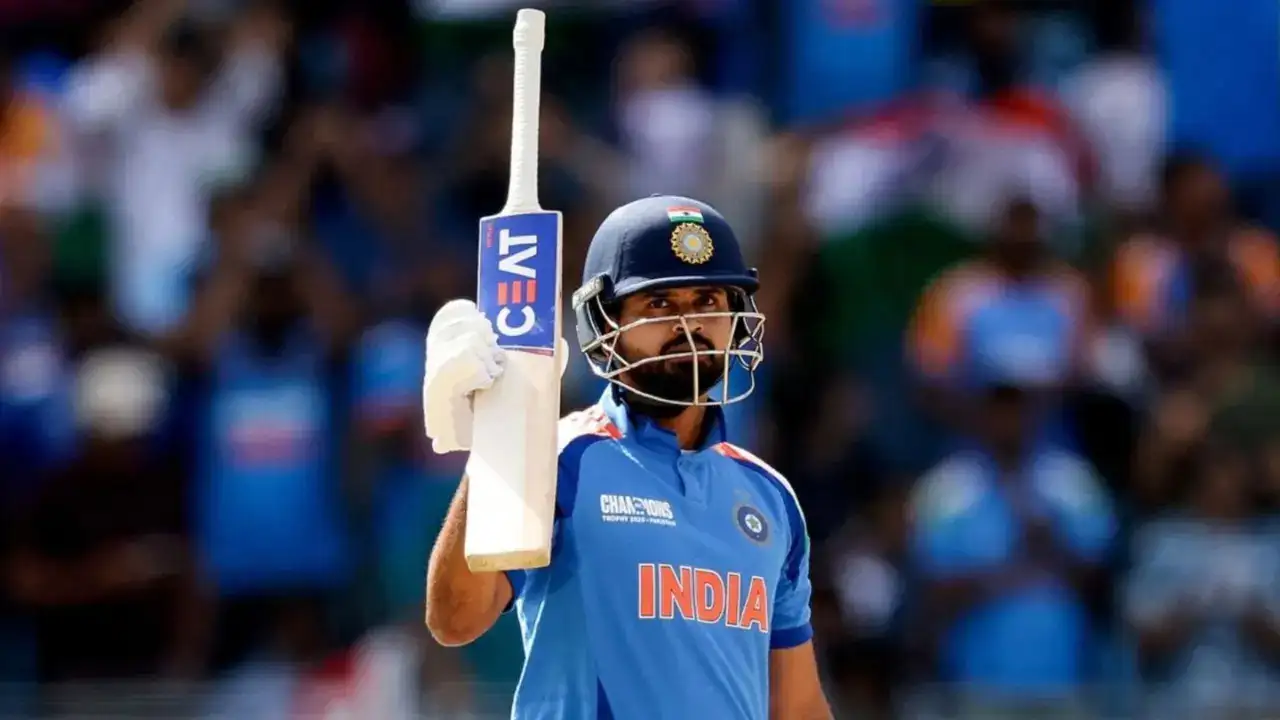Who Will Compete in the Irish Presidential Election?

Published: 2025-09-14 08:10:35 | Category: technology
Michael D. Higgins, the current president of Ireland, will conclude his tenure in November after over ten years in office. His presidency has been marked by a proactive approach, addressing pressing political issues such as housing and foreign policy. As the nation approaches the presidential election on 24 October, several candidates have emerged, with the possibility of more entering the race before the nomination deadline on 24 September.
Last updated: 13 October 2023 (BST)
Overview of the Presidential Election
As Ireland prepares for its upcoming presidential election, the spotlight is on the candidates vying to succeed Michael D. Higgins. With his popularity and distinct approach to the role, the next president will have big shoes to fill. The election process allows for a diverse range of candidates, from established politicians to potential independents, reflecting the dynamic political landscape in Ireland.
Key Takeaways
- Michael D. Higgins' presidency will end in November 2023.
- The presidential election is scheduled for 24 October 2023.
- Three candidates have confirmed their nominations, with others still considering their options.
- Potential candidates must secure endorsements from either parliament members or local authorities.
- The voting system employs proportional representation, allowing voters to rank candidates.
Current Candidates for the Presidential Race
As of now, three candidates have secured their positions for the 24 October election, demonstrating a mix of political backgrounds and experiences:
Catherine Connolly: Independent Candidate
Catherine Connolly is an independent candidate, backed by several left-wing parties including Labour, the Social Democrats, and People Before Profit. She has served as a representative for Galway West in Dáil Éireann since 2016 and has a solid background as a barrister and clinical psychologist. Connolly's experience includes a four-year stint as deputy speaker of the Dáil, positioning her as a knowledgeable and capable contender.
Jim Gavin: Fianna Fáil Candidate
Jim Gavin represents Fianna Fáil, the largest party in the Irish Parliament, and has an impressive track record as a successful team manager in Gaelic football. Leading Dublin’s county team, Gavin achieved six All-Ireland Senior Championship titles between 2012 and 2019. His military background, having served for 20 years, combined with his current role as a senior aviation regulator, adds a unique perspective to his candidacy.
Heather Humphreys: Fine Gael Candidate
Heather Humphreys is the candidate for Fine Gael, another major party in the coalition government. With a wealth of experience as a cabinet minister, she has held various portfolios, including justice, rural development, and the arts. Humphreys, hailing from County Monaghan, comes from a notable family history, with her grandfather opposing Irish self-government in 1912. This blend of experience and historical context shapes her approach to the presidency.
Potential Candidates and Political Dynamics
While three candidates have confirmed their nominations, others are still weighing their options. Sinn Féin, the main opposition party, has yet to announce whether they will field a candidate. Their leader, Mary Lou McDonald, has ruled herself out of the race, but Northern Ireland First Minister Michelle O'Neill has not dismissed the possibility of running if the party decides to proceed with a candidate.
Additionally, several independent contenders are expressing interest. Gareth Sheridan, CEO of Nutriband, and Maria Steen, a barrister known for her social campaigning, are among those who have approached local authorities for endorsement. Peter Casey, who previously ran in 2018, is also in the mix. The singer Bob Geldof briefly considered a run but has reportedly decided against it.
Election Process and Voting System
To be eligible for nomination, candidates must be at least 35 years old and can secure their place on the ballot through two main routes:
- Endorsement by at least twenty members of the Oireachtas, which includes 174 members of the Dáil and 60 Senators in the Seanad.
- Nominations from four out of Ireland's 31 local authorities, where councils will hold special meetings for presentations from prospective candidates.
Approximately 3.5 million citizens are eligible to vote in this election. The voting employs a system of proportional representation known as the Single Transferable Vote (STV), allowing voters to rank candidates based on their preferences. The counting process will commence on 25 October and may extend into the following day.
The Role of the President of Ireland
The president of Ireland serves as the head of state, playing a crucial role in representing the country on the global stage and at significant national events. While the powers of the presidency are limited, the influence of the office-holder can be substantial. For instance, the election of Mary Robinson in 1990 marked a pivotal moment in Irish history, signifying a shift towards social liberalisation.
Furthermore, Mary McAleese's presidency from 1997 to 2011 coincided with significant developments in the Northern Ireland peace process, culminating in a historic state visit by Queen Elizabeth II to Ireland. Such events highlight the president's capacity to shape national dialogue and foster reconciliation.
Conclusion and What Lies Ahead
With the presidential election looming, the candidates each bring unique experiences and perspectives to the table. As the political landscape continues to evolve, the decisions made by Sinn Féin and prospective independent candidates will add further complexity to the race. The outcome of this election will not only determine Ireland's next head of state but may also influence the country's political trajectory for years to come.
As the nation prepares for this significant event, it raises questions about the future direction of Irish politics and the role that the next president will play in addressing ongoing challenges. Will they continue Higgins' tradition of active engagement in political discourse? The coming weeks will provide further clarity. #IrelandPresidentialElection #MichaelDHiggins #IrishPolitics
FAQs
When is the presidential election in Ireland?
The presidential election in Ireland is scheduled for 24 October 2023.
Who are the confirmed candidates for the presidency?
The confirmed candidates are Catherine Connolly, Jim Gavin, and Heather Humphreys.
What is the voting system used in the Irish presidential election?
The election uses the Single Transferable Vote (STV) system, allowing voters to rank candidates in order of preference.
What are the eligibility requirements to run for president in Ireland?
Candidates must be at least 35 years old and can be nominated by either members of the Oireachtas or local authorities.
What is the role of the president of Ireland?
The president serves as the head of state, representing the country internationally and at national events, while ensuring adherence to the constitution.



